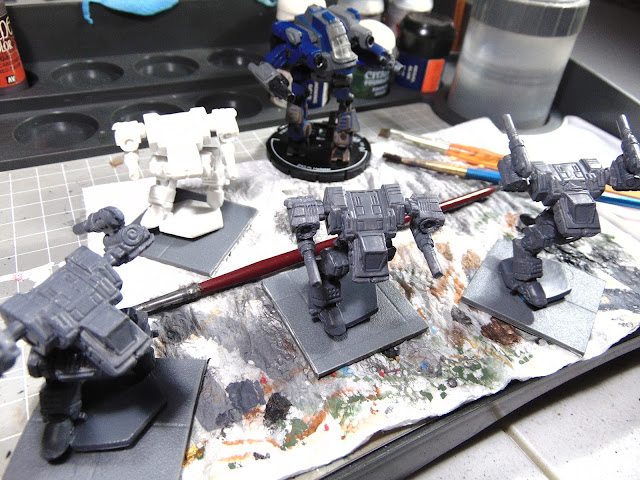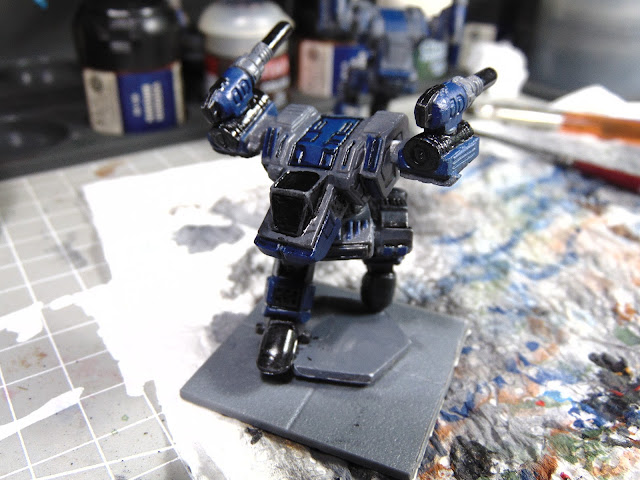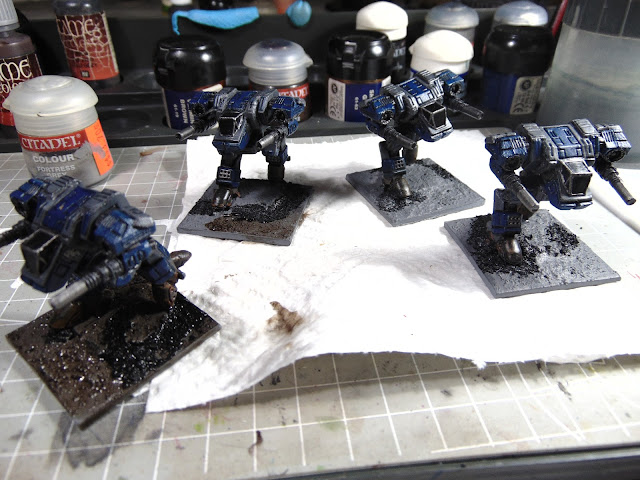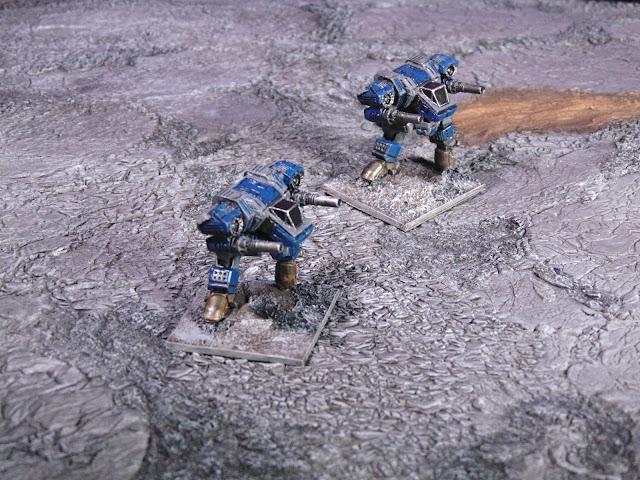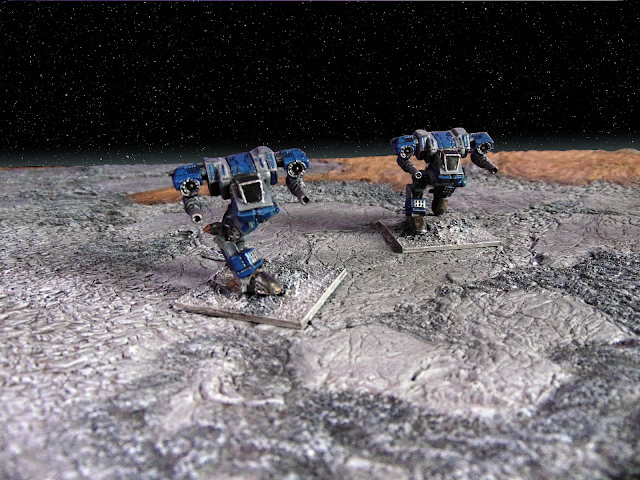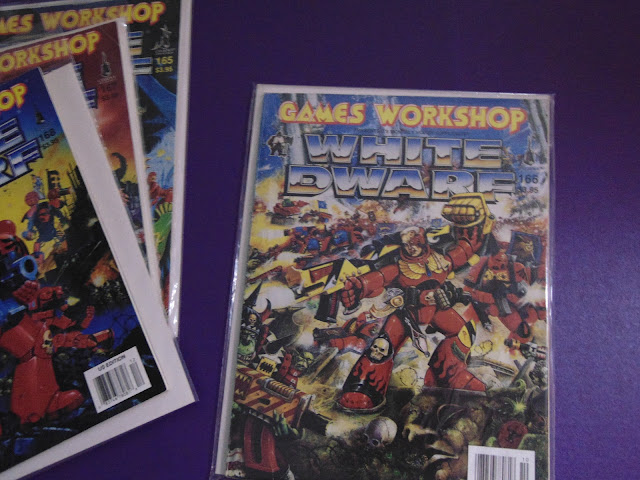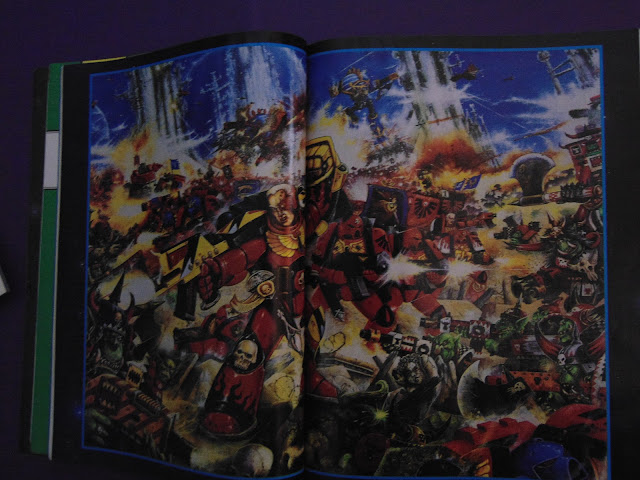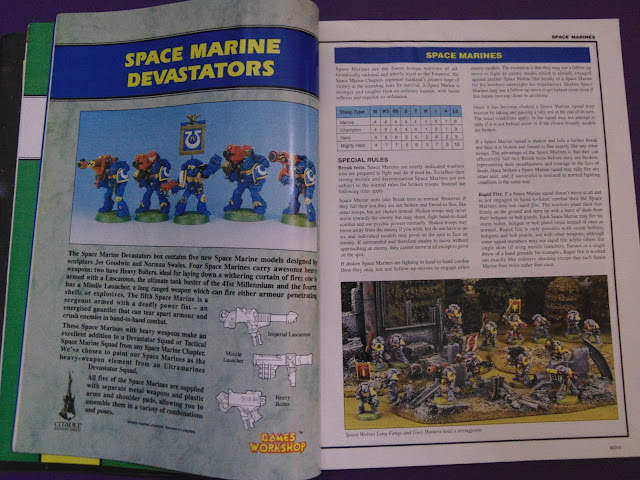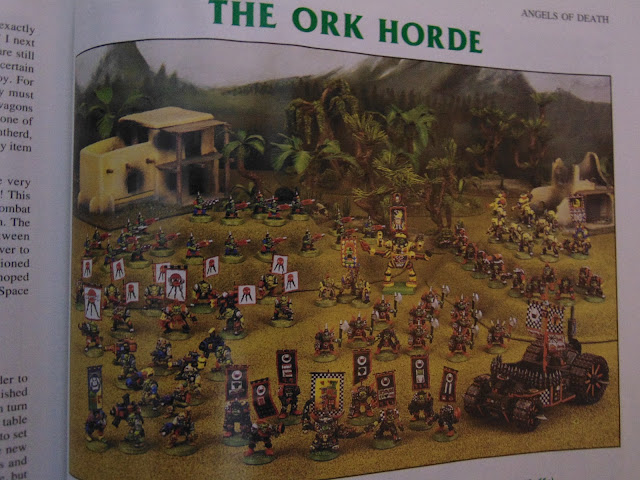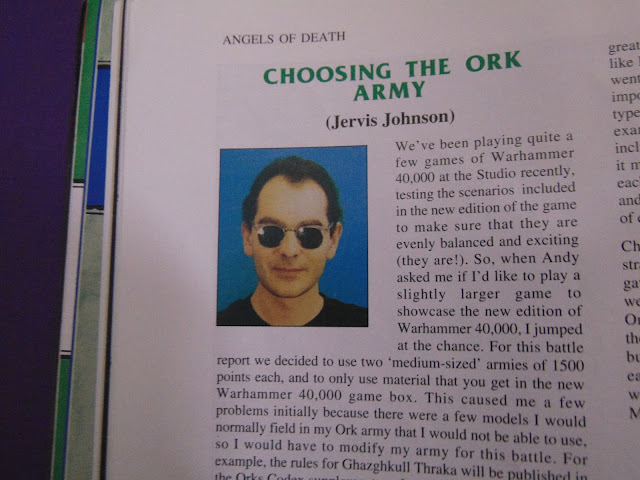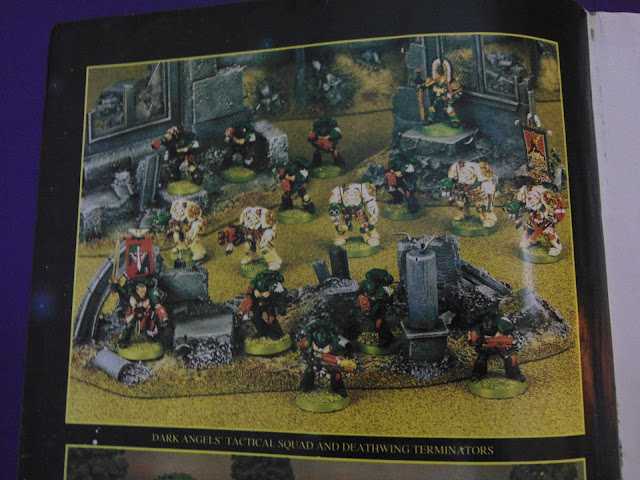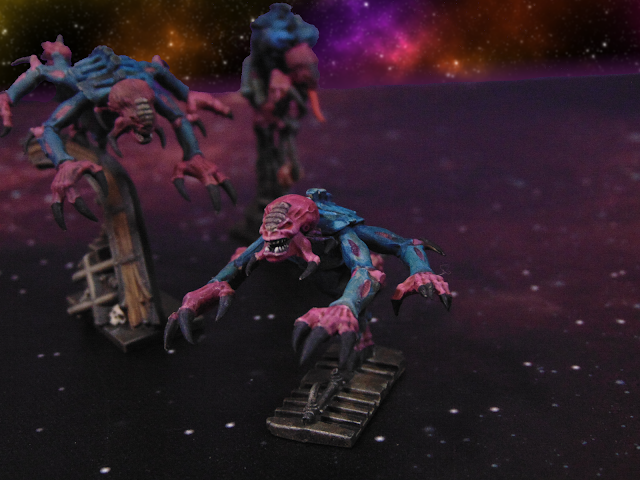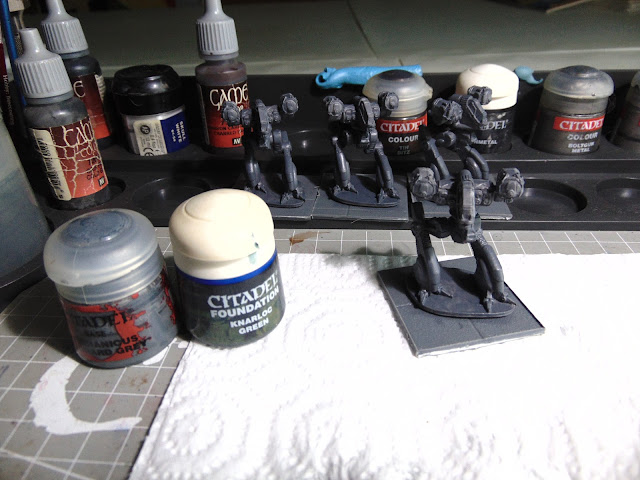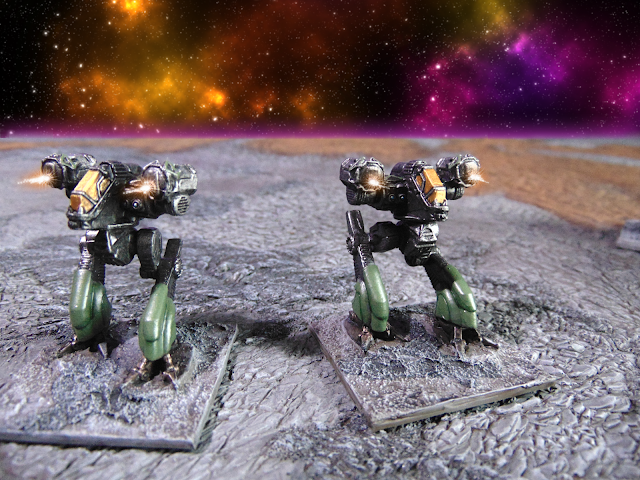 |
| Inspirobot can help with most of your deficiencies. |
If you play more than one wargame, you'll be familiar with how fast rules are changed. It seems like as the Information Age took over and the rise of social media in the last few years, publishers kick out rules at an unprecedented rate. I have mixed feelings about online "living" rule sets, and so do many others. It is for this reason you can often find multiple editions of various games played by disparate groups in a community. For example, 3rd Ed. 40k came out and half the guys I played with stuck with 2nd Ed. until the day they died...which was like 4th or 5th edition.
That was obviously more than a long time ago. Many editions have came and went, but why? Why do these games continually reinvent themselves, if not to propagate the business model of their parent company? The real answer for the force of change may surprise you if you've never thought about it.
The real culprit is the tournament scene.
We've all heard the story. It's a tale as old as wargaming time. Certain units from a powercreeper rulebook run the games, and certain builds rise like slag to the top to be skimmed off and used by every power gamer that read that forum. In order to change the meta, rules are altered, faqs are published, Q&A's clarify bungled collations and new editions change the landscape of your dice rolls (numbered 1 through 6) on a constant basis to stay ahead of the power gamers.
Really, you're going to see that no matter what. No matter the game. No matter the edition.
So how does a group cope if they are no longer supported by the publisher? Or for that matter, if the majority of players have a grievance with a current ruleset that they could easily solve with a few words of text in the House Rules? Well, then it's up to the club to enact some sort of change to the meta of their game. This is especially important when the game is old and the metas are all known.
House Rules should be expected...local modifications to the ruleset that allow their meta to be cultivated.
Yet, what works for one group in one area may not work for any other group anywhere else. For most of these games, the meta will be limited by the group's player base. This means there will only be so many factions in a particular meta. There will be a limited number of units, and the POTENTIAL for new units only extends to more models in a player's faction. This naturally limits the interactions of special rules, and in each case a new meta emerges.
For instance, if your group contains 2 Lizardmen armies, 1 Bretonnian army, 1 Empire army and 3 chaos armies...you're not going to have to worry about High Elves until the day you go to a tournament or have a casual game against a player you don't normally play. When you go to the tourney, obviously you have to play by their rules, THEIR local mods...but at home among the familiar armies, players and shenanigans you are used to, you may find it necessary to enact house rules to keep the games from becoming utterly ridiculous and NOT_FUN.
Expect this. Embrace it. Use unfamiliar house-ruled metas as a new challenge - but most of all, don't whine when you find out there is a 0-1 restriction on Obliterator and Mutilator units.

